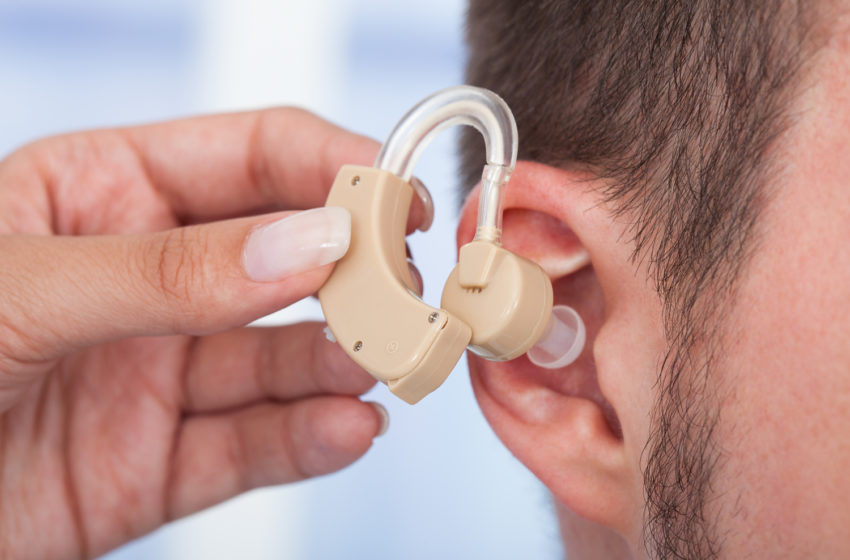Everything You Need to Know About Hearing Aids

Exif created by JPEGTweaker
Hearing aids are tiny electronic devices that can be highly customized to help address different types of hearing loss. Every digital hearing aid contains at least one microphone to pick up sound, a miniature computer chip that amplifies and processes that sound, a speaker that sends the signal to your ear as well as a battery for power. More modern, sophisticated models provide additional features, like a direct connection to a smartphone or rechargeable batteries.
How Hearing Aids Help with Hearing Loss
A hearing aid works by amplifying the sounds going into the ear. They are usually prescribed for people who have a sensorineural hearing loss, which means the damaging of some of the tiny hair cells of the inner ear. The healthy surviving hair cells pick up sound delivered by the hearing aid and then send them as neural signals to the brain via the auditory nerve.
For people with hearing loss, standard hearing aids work best. Power models are usually used for people who have severe-to-profound hearing loss.
The Technology
Most hearing aids produced today use telecoils and wireless technology to improve hearing. Telecoils work to improve hearing in public settings, like theaters and airports. Meanwhile, wireless technology works by allowing two hearing aids, one on each ear, to communicate with each other and work together as one, completing the hearing system. It also means that hearing aids can connect to external sources of sound that are transmitted wirelessly, like Bluetooth.
The Price
Hearing aids are often described as tiny computers for your ears. Because of the technology and their miniature size, hearing aid prices can range from anywhere less than $1,000 to as much as $4,000+ per year for the very best technology. The additional features, size, and level of personalization can all account for the vast differences in cost.
Do You Need Them?
If your hearing test shows that you have hearing loss, you do need hearing aids. It can often be difficult to accept that you need hearing aids but going without them increases the risks of a number of social and medical issues, including isolation, cognitive decline like dementia as well as depression.
The road to healthy hearing starts with an appointment with a hearing care specialist. There are large online directories of consumer-reviewed hearing loss clinics present which are a good place to start if you or your loved one is experiencing hearing loss.




